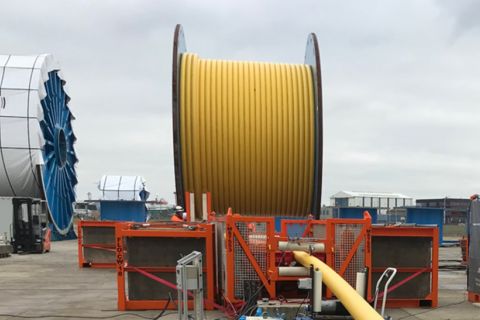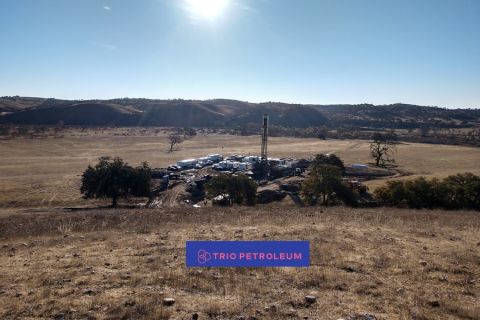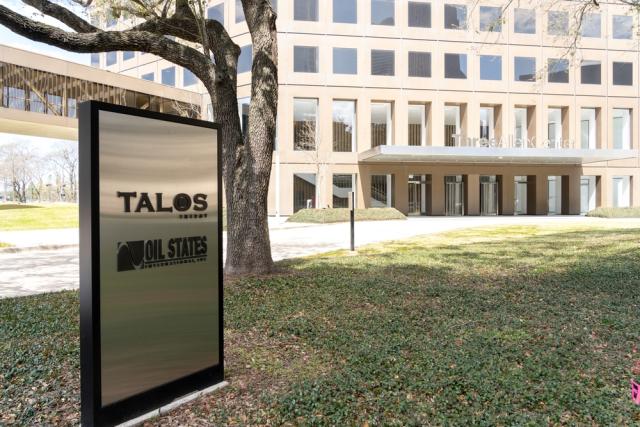
Talos Energy’s recent Bayou Bend carbon capture and sequestration (CCS) expansion east of the Houston Ship Channel now offers customers CO₂ injection access both onshore and offshore. The project also provides a corridor to move “blue products” from the nation’s largest refining and petrochemical corridor. (Source: Shutterstock.com)
Learn more about Hart Energy Conferences
Get our latest conference schedules, updates and insights straight to your inbox.
Talos Energy’s recent Bayou Bend carbon capture and sequestration (CCS) expansion east of the Houston Ship Channel now offers customers CO₂ injection access both onshore and offshore. The project also provides a corridor to move “blue products” from the nation’s largest refining and petrochemical corridor.
While two-thirds of Talos’ production portfolio is in deep water, the Houston-based company now leases about 250,000 total acres for CCS– 210,000 onshore and 40,000 offshore. The acreage is in four key industrial areas along the Texas and Louisiana Gulf Coast: near Corpus Christi, Brazoria County, the Houston Ship Channel-Port Arthur and the Baton Rouge-New Orleans corridor.
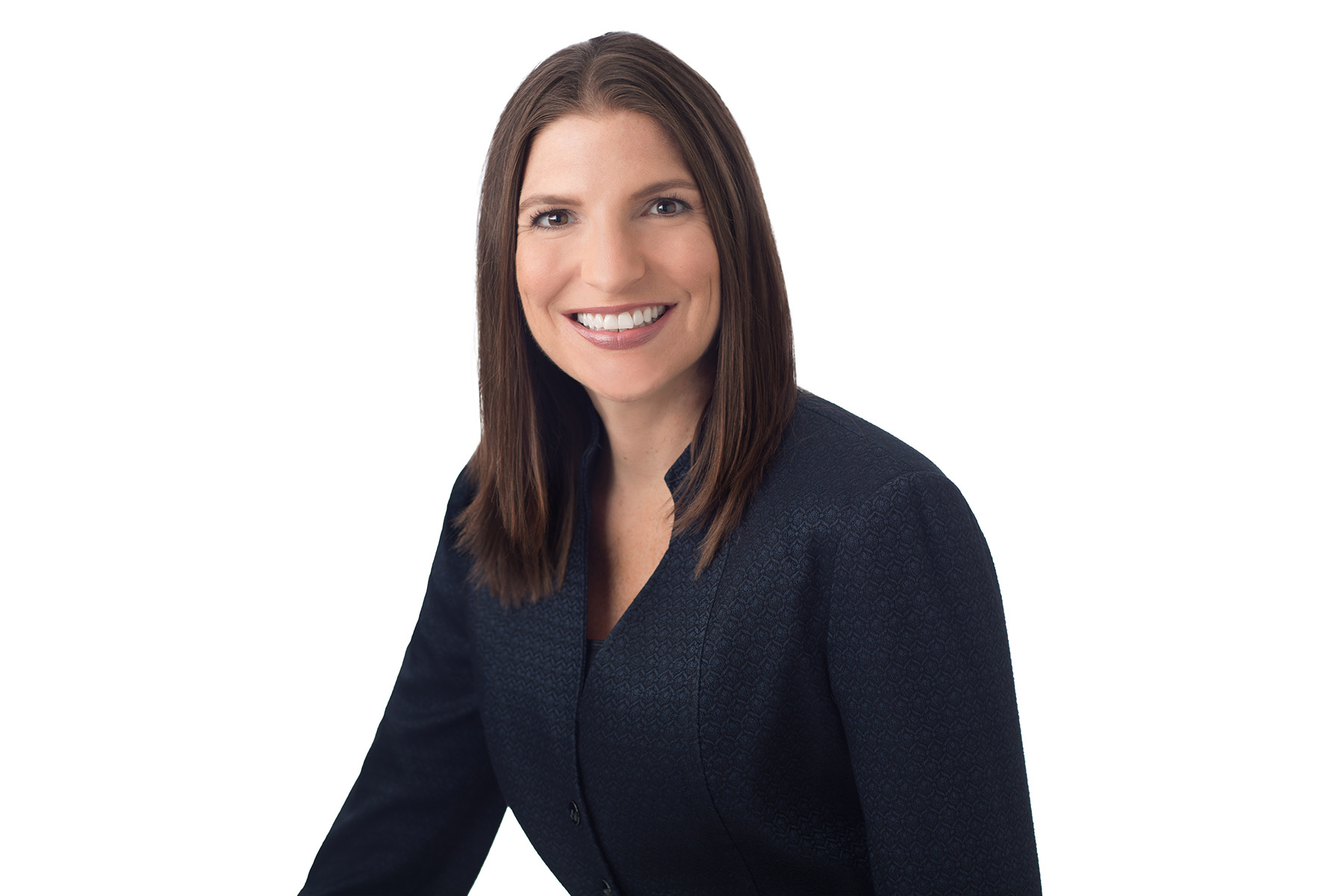
Talos offers the largest carbon sequestration footprint in the U.S. with 1.6 billion tons of capacity, Robin Fielder, Talos’ chief sustainability officer and executive vice president for low carbon strategy, told Hart Energy.
“Our whole thought was to get out early, lean in, go acquire the most strategic core space and start working with parties to try to track the emissions,” Fielder said at the Offshore Technology Conference in an exclusive interview.
“We wanted to be near the emissions, where you either had a midstream solution or could build a midstream solution that's fairly close by. That's how we built out our stores,” she said, adding that Talos works to build additional places to take carbon if a major pipeline system is down.
The newest onshore addition is the expansion of Talos’ Bayou Bend, which, in March, added 100,000 onshore acres to the existing offshore sequestration acreage. As part of the expansion, the project is now operated by Talos’ largest partner, Chevron.
For its CCS projects, Fielder said Talos use saline-filled reservoirs, which have tremendous storage capacity and are plentiful in the Gulf of Mexico (GoM). Fielder said federal tax incentives from the 2022 Inflation Reduction Act are bringing new business interests to the GoM’s geology.
“We're unapologetic for being an oil and gas company, but we can continue to do it smarter and cleaner,” Fielder said. “We're the ones who are going help design the solutions to help some of our partners decarbonize.”
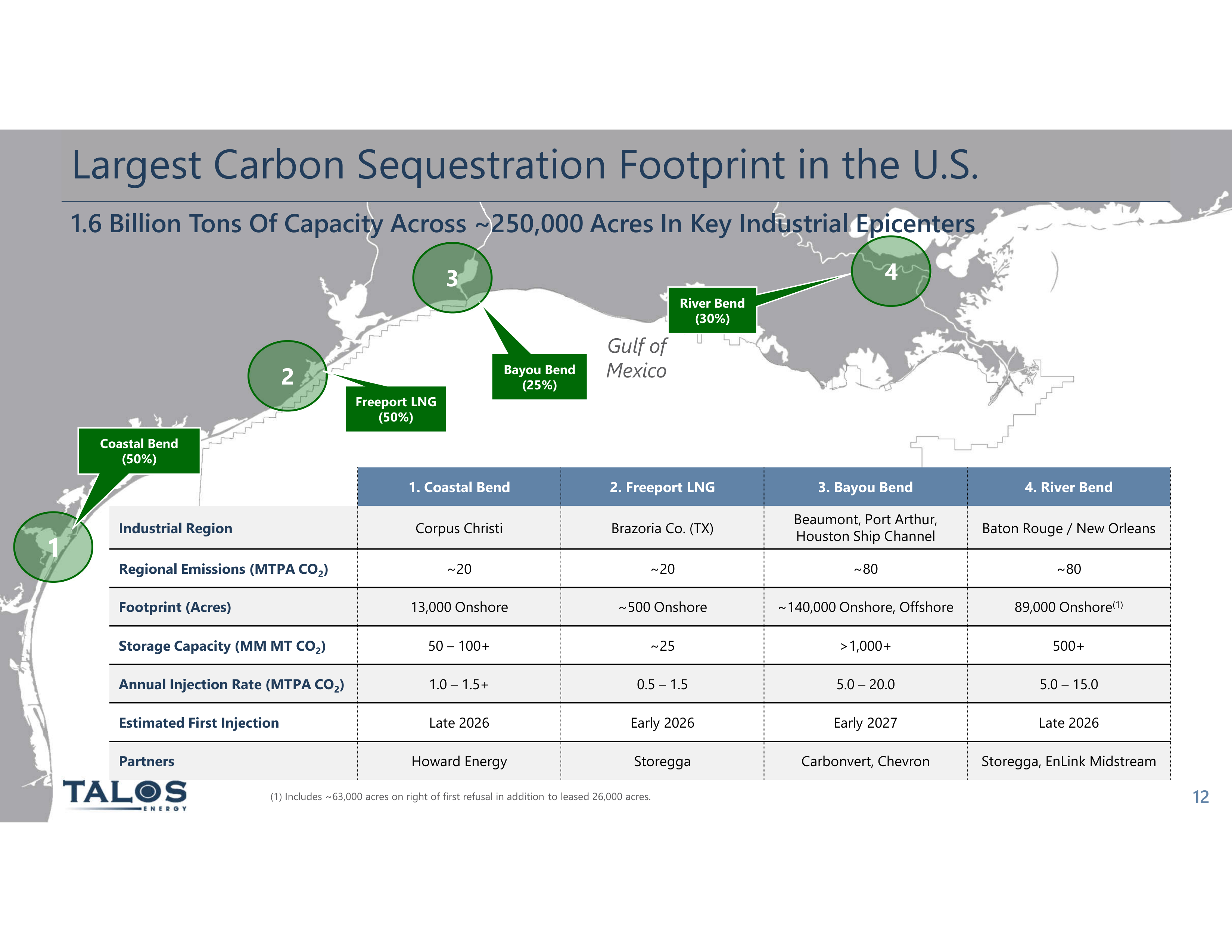
She described the company’s strengths as data, seismic imaging and experience, which translate from offshore oil and gas production to the nascent CCS industry.
Talos’ strategy is technology agnostic with a focus on relationships, including ties with legacy landowners. Executive bonuses are tied to emissions reduction, and the company takes a rigorous approach to government permit processes, often repurposing data required in the state and federal permit applications, she said.
In its CCS endeavors, Talos found offshore success with the state of Texas, which offers a unique arrangement as the sole owner of contiguous acreage from the surface to the minerals. And, Fielder said, the onshore CCS wells are cheaper and easier to drill, offering greater optionality to customers who want sequestration either onshore or offshore.
Recommended Reading
Exxon Mobil Guyana Awards Two Contracts for its Whiptail Project
2024-04-16 - Exxon Mobil Guyana awarded Strohm and TechnipFMC with contracts for its Whiptail Project located offshore in Guyana’s Stabroek Block.
Deepwater Roundup 2024: Offshore Europe, Middle East
2024-04-16 - Part three of Hart Energy’s 2024 Deepwater Roundup takes a look at Europe and the Middle East. Aphrodite, Cyprus’ first offshore project looks to come online in 2027 and Phase 2 of TPAO-operated Sakarya Field looks to come onstream the following year.
E&P Highlights: April 15, 2024
2024-04-15 - Here’s a roundup of the latest E&P headlines, including an ultra-deepwater discovery and new contract awards.
Trio Petroleum to Increase Monterey County Oil Production
2024-04-15 - Trio Petroleum’s HH-1 well in McCool Ranch and the HV-3A well in the Presidents Field collectively produce about 75 bbl/d.
Trillion Energy Begins SASB Revitalization Project
2024-04-15 - Trillion Energy reported 49 m of new gas pay will be perforated in four wells.

